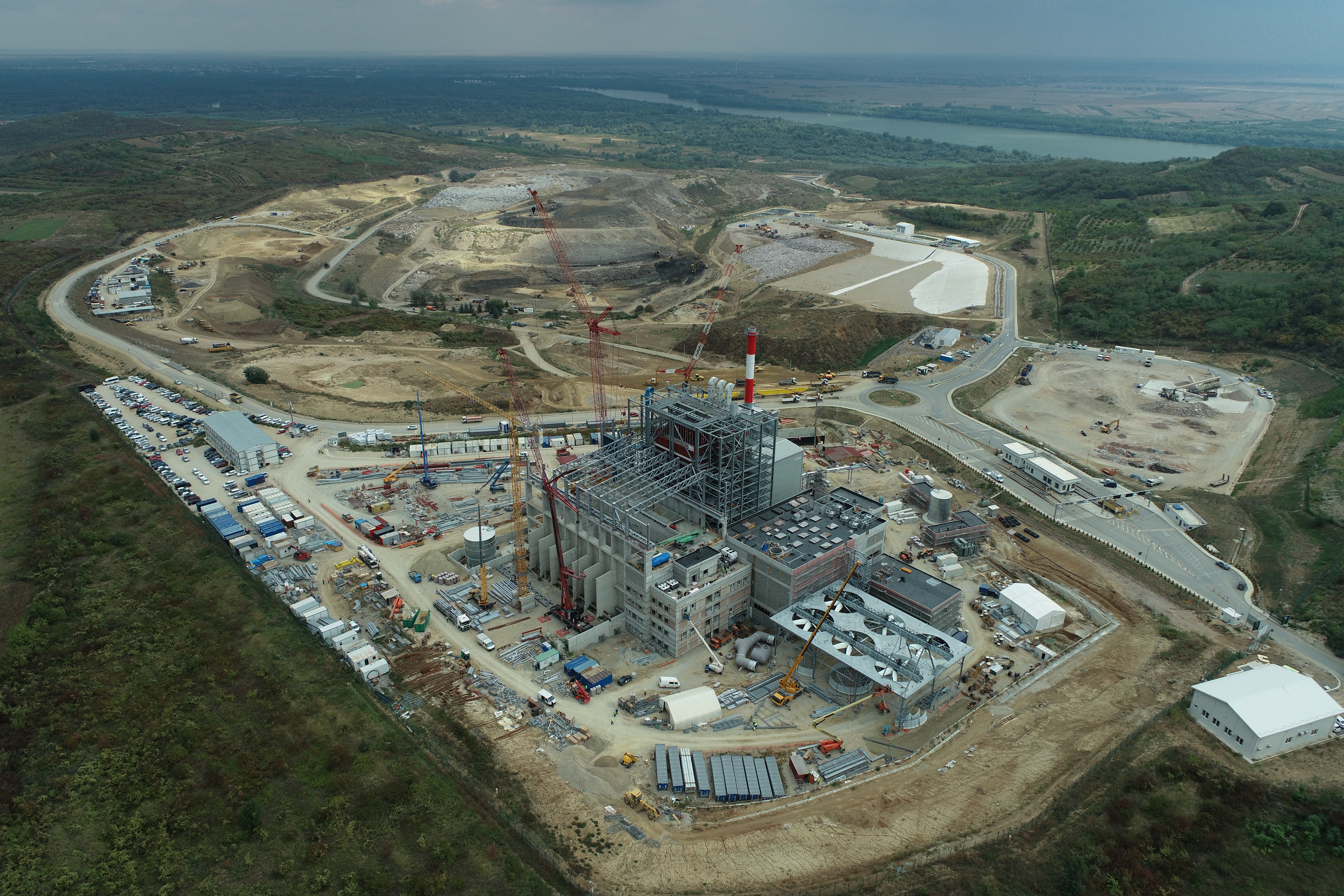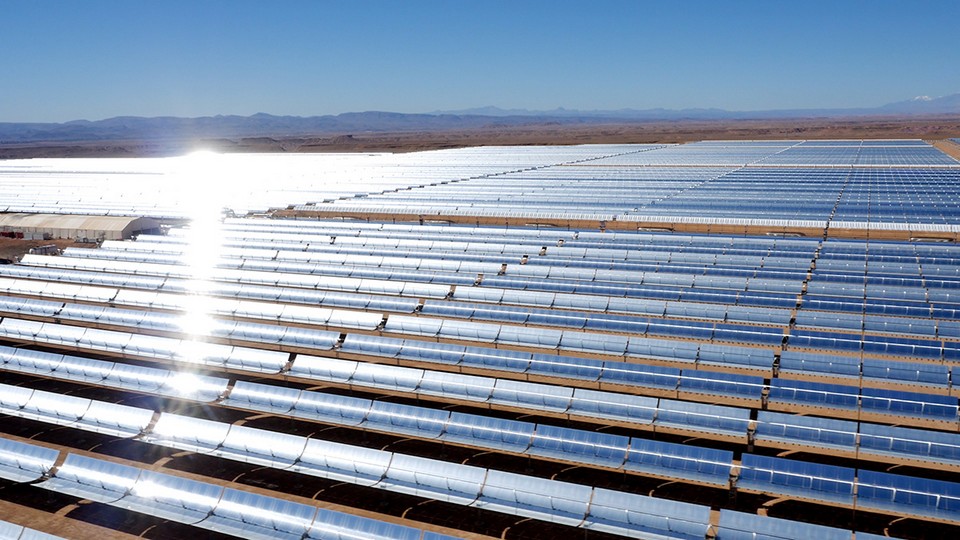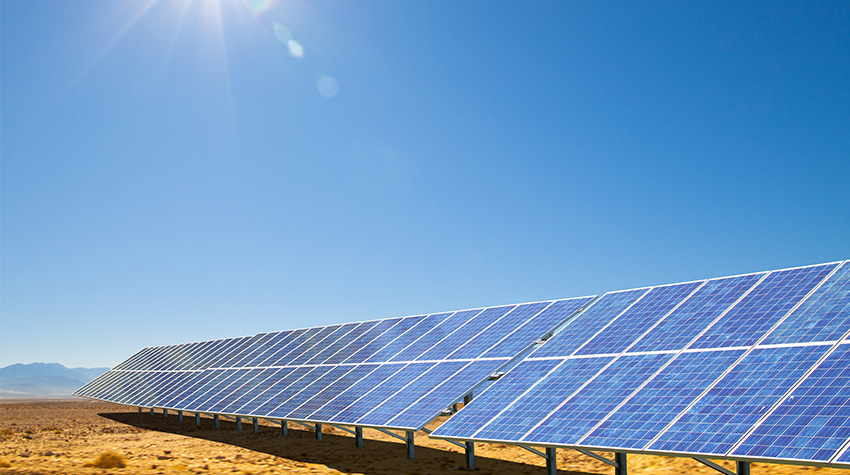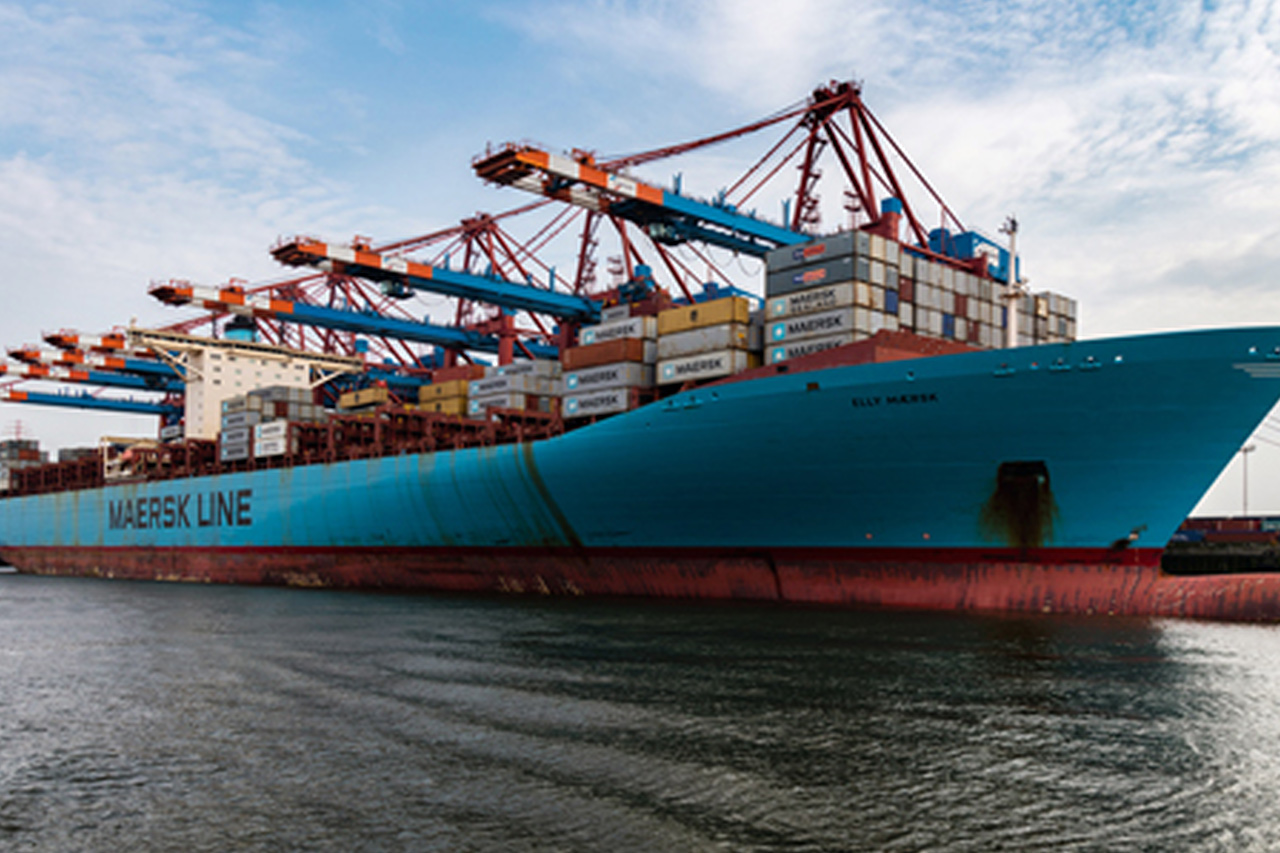325 results found
Featured results

More results
Globally, Sub-Saharan Africa experiences one of largest energy access gaps. Electricity reaches only about half of its people, while clean cooking only one-third; roughly 600 million people lack electricity and 890 million cook with traditional fuels. This has a disruptive impact on social infrastructure such as schools and hospitals which lack reliable electricity. A clean energy revolution in sub-Saharan Africa is urgently needed to win the fight against energy poverty.
Joint European Support for Sustainable Investment in City Areas (JESSICA) is a partnership between the Council of European Development Bank (CEDB) and the European Investment Fund, which has provided EUR2.1b (USD2.5b) in co-investment in circular economy projects since 2015. The EU JESSICA Urban Development Funds (UDF) contain financial contributions from EU member states, cities, and other public and/or private sources. These are invested in the form of equity, loans, and guarantees for projects that support sustainable urban development and regeneration in cities.
The Indian government has committed to reducing the emissions intensity of its GDP by up to 25% by 2030. Buildings are identified in its nationally determined contributions (NDC) as one of the key levers to achieve this goal. The World Bank identified India as a prospective case study to carry out a quantitative assessment of the potential impact of the mechanism due to its complex?housing market, economic conditions and Federal structure. An economic cost-benefit analysis was conducted using the Excellence in Design for Greater Efficiencies (EDGE) green building software and cash flow modelling to assess the potential impact of a USD50m auction on the Indian market.
Due to decreasing aquifer water level (280 million m3 per year), Veolia Water Technologies (Veolia) partnered with The Nature Conservancy (TNC) and local municipality to propose the establishment of a water fund to finance changes to local water-catchment and uses. As a result, Livelihoods Funds created a project to support vulnerable farmers in Aguascalientes to invest in drip irrigation equipment to enhance farm resilience. Changing to a drip irrigation system showed a 50% - 70% decrease in water consumption by farmers. If the 5,000 local family farmers in the water catchment area adopted this system through the new fund, this results in approximately 65% reduction of the annual aquifer deficit.
In 2017, amid severe drought, the City of Cape Town, in South Africa was issued its first Green Bond, which was used to invest in projects aligned to city’s sustainability goals to adapt to and mitigate climate change. The ZAR1 billion Green Bond was used to fund and refinance a number of green projects?in the city including procurement of electric buses; energy efficiency in buildings; water resilience initiatives; sanitation treatment; and the coastal structure protection and rehabilitation. At the time, Cape Town had the only green bond in the country to be accredited by the Climate Bonds Initiative (CBI) and demonstrated market appetite for green and climate initiatives.
RaiseGreen is a new crowdfunding marketplace/platform for green projects. Individuals, startups, non-profits or even local governments looking to start their own green projects can utilise the platform to create and develop the project, set their own terms, and present their offering on RaiseGreen’s platform for potential investors. The platform offers a wide variety of replicable, templatised investment opportunities for solar power, affordable housing, EV charging stations, agriculture, water projects, and microgrids.
CFA is a 4-year programme funded by the UK Department for Business, Energy & Industrial Strategy (BEIS). Aims to identify and develop pipelines of bankable climate-related projects that can attract investment at scale from the private sector. In 2017, Nigeria took part in the inaugural pilot CFA process The CFA initiative has since been extended to Mexico, Colombia, Peru, South Africa & Turkey. Stakeholders involved Conceiver: Ian Callaghan Associates Funder: UK Government (BEIS) Neutral convener for the CFA process: Nigerian Economic Summit Group
The ACGF is an innovative finance facility dedicated to accelerating green infrastructure investment in Southeast Asia with over USD1.4 billion in loans from co-financing partners, under the ASEAN Infrastructure Fund (AIF). The ACGF’s technical assistance supports governments to identify and prepare commercially viable green infrastructure projects while the ACGF loans are utilised to cover upfront capital investment costs. This two-pronged approach ‘de-risks’ green infrastructure projects, making them more attractive to private capital investors.
The Kidston Pumped Storage Hydro project is the first pumped hydro energy storage scheme globally to be developed in an abandoned gold mine. The giant battery located in Kidston, Far-North Queensland will pump water uphill when energy is abundant during off peak periods and releasing it to create power in times of peak demand. The Kidston project is supported by NAIF’s 15-year concessional loan of AUD610m (USD475 million) - debt finance. Genex will provide AUD120 million (USD93 million), including AUD25 million (USD19.5 million) investment by J-Power -equity finance.
The 300MV Victorian Big Battery is currently to be Australia’s largest lithium-ion battery which assists in providing critical grid support services, reducing wholesale power costs for consumers and assisting in the transition to renewable energy in Victoria, Australia. It utilises the System Integrity Protection Scheme (SIPS) which increases import capacity to Victoria by up to 250 MW, reducing the likelihood of unserved energy (USE) from high impact, low probability (HILP) events during summer periods.
The municipality of Porto Alegre, the capital and largest city in the southern Brazilian state of Rio Grande do Sul, was planning to build a new transit artery connecting 20 neighborhoods across the city, including dedicated lanes for the Bus Rapid Transit (BRT) service
The Belgrade Waste-to-Energy project is cleaning up one of Europe’s largest uncontrolled landfills and constructing a new, sustainable waste-management complex. It is one of the first large-scale, bankable, private sector waste-to-energy projects in emerging markets. Using a competitive dialogue with five pre-qualified bidders, the City of Belgrade - with the support of IFC acting as a PPP advisor - could offer a bankable DBFO contract bundling the remediation of the landfill (including the management of legacy pollution) with the development of revenue-generating greenfield assets.
Noor Ouarzazate I, a 160 MW Concentrated Solar Power (CSP) plant, is a path-breaking large- scale CSP project, one of the first to be delivered in the Middle East and North Africa (MENA) region, taking advantage of the region s abundant solar resources.
Brazil has a policy named Urban Operations which is used to promote requalification of underdeveloped urban areas through PPPs
Despite abundant surface freshwater, only 84% of Brazil’s people have access to potable water, and only 50% have access to sewerage. Insufficient public funds and limited use of private capital have resulted in limited progress in improving access to water and sanitation. The Corsan Water Supply, Efficiency, and Resilience Project is leveraging private financing to address losses in water distribution and mitigate climate change risks.
The Solomon Islands National Development Strategy 2016–2035 called for greater use of renewable energy generation in the medium term, to service both urban and rural demand. It also called for opening the market to independent power providers.
To meet demand, Nigerian commercial and industrial customers rely on self-generation, diesel units and smaller gasoline-powered generators to meet a significant portion of total demand.
IFC in close collaboration with the WB, MIGA and in consultation with key market and industry players, has worked on the development and design of the Scaling Mini-Grid (SMG) platform: a set of semi-standardised project preparation requirements, templates, risk mitigation instruments, and stapled financing
IFC worked with Timor-Leste’s new PPP Unit to deliver a transparent tender process that attracted globally reputable port operators. The key bid variable was the Viability Gap Financing subsidy required by each bidder after a very strict technical pre-qualification
























